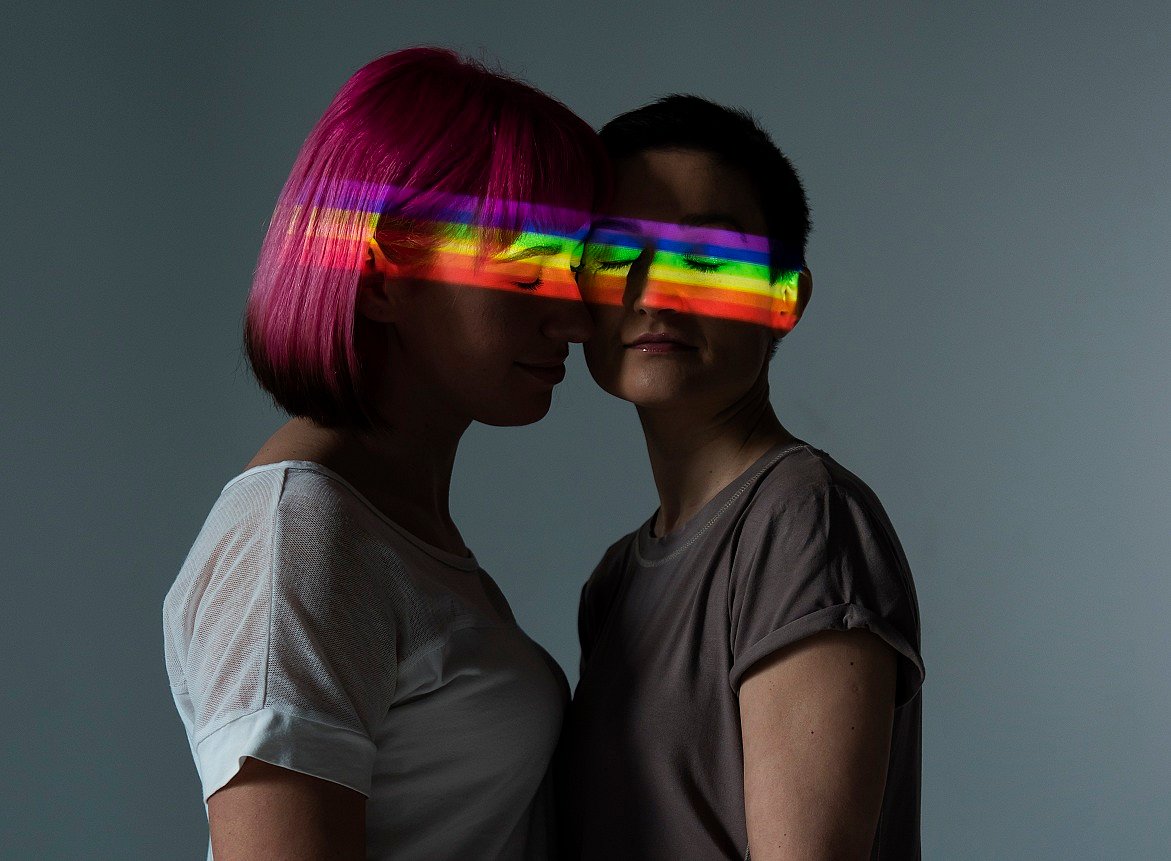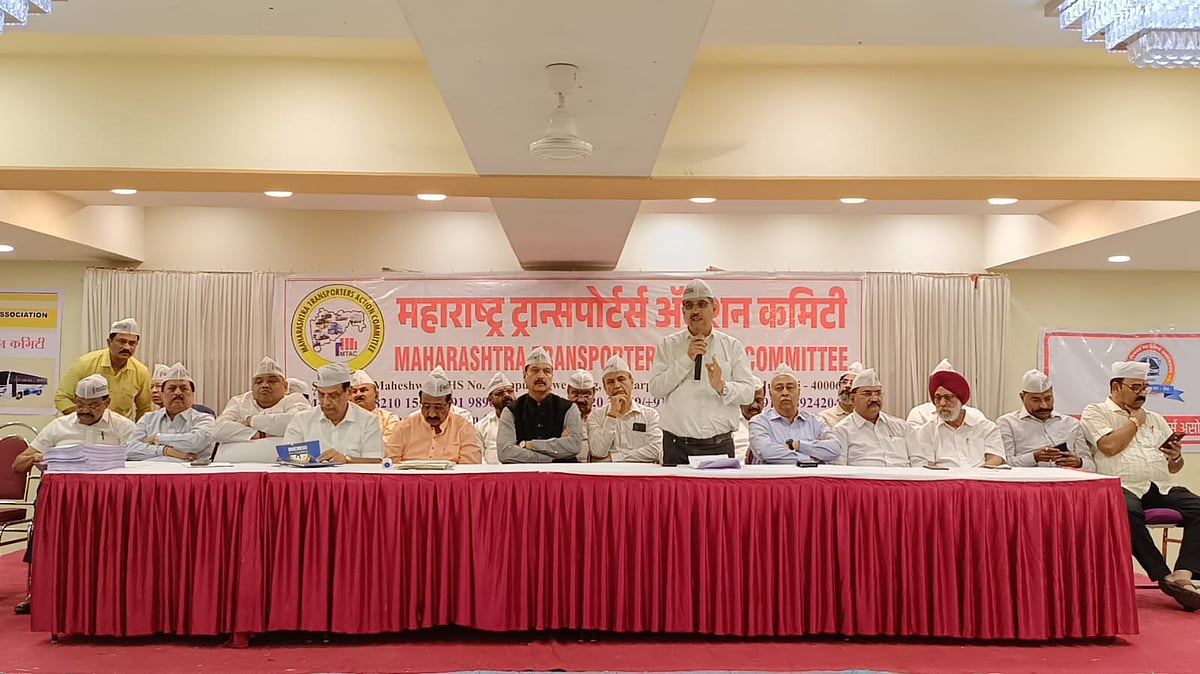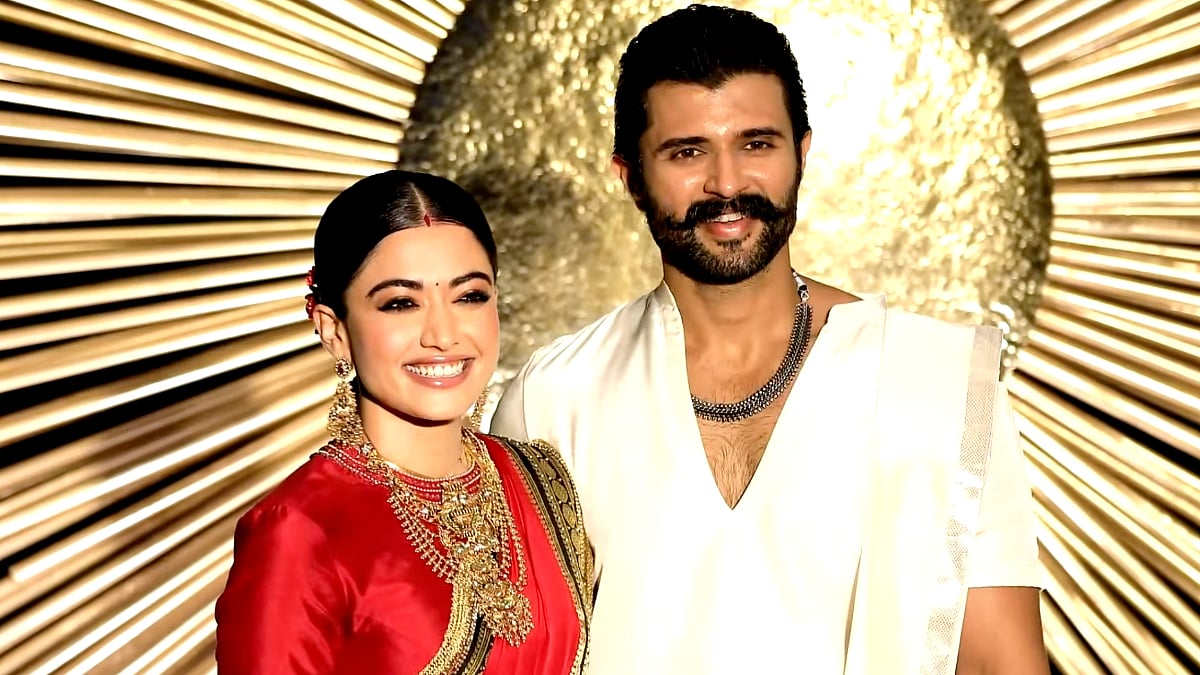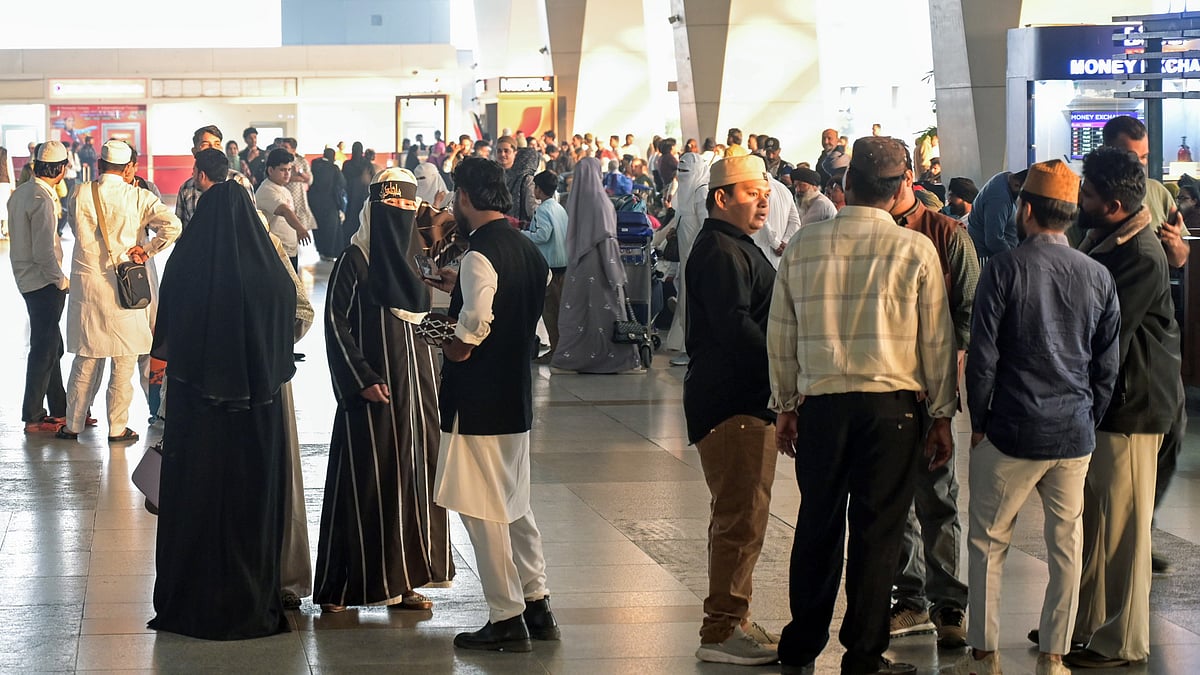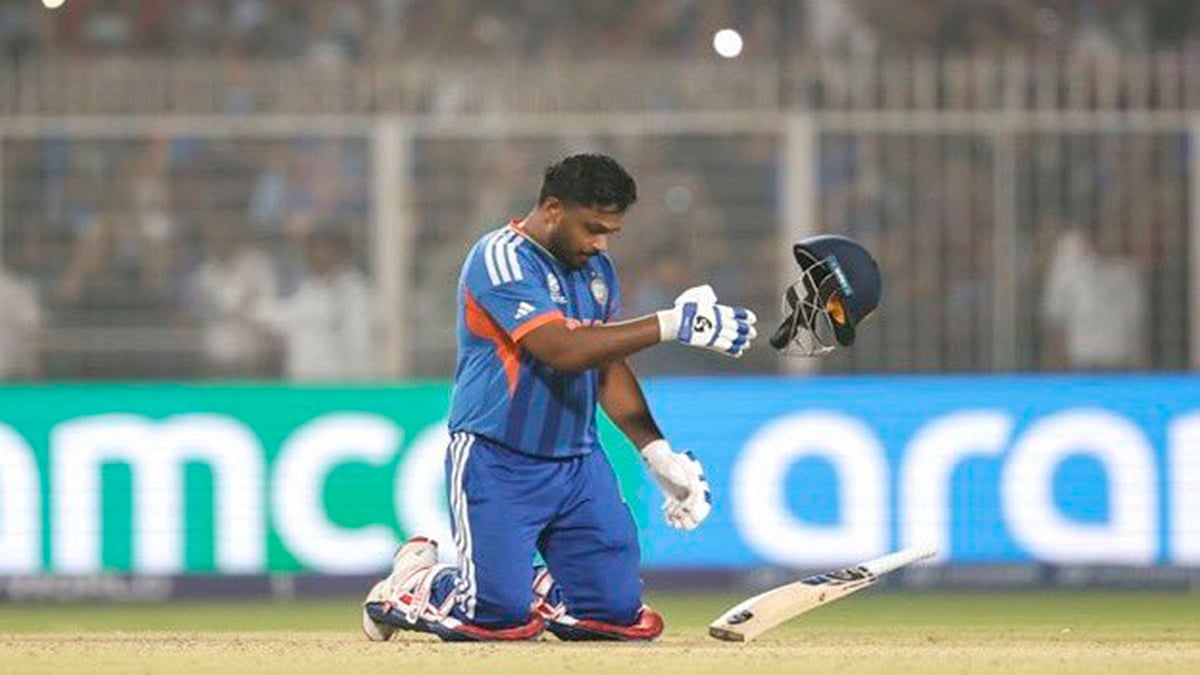September 6, 2018, will remain a momentous day in the history of India, the Indian LGBTQIA+ community and all Indians who stand for equal rights — it’s the day the Supreme Court passed the historical verdict decriminalising homosexuality by partially striking down Section 377. But is that the same as saying our people, especially our youth, are enjoying their right to sexuality (defined as the right to express one’s sexuality and orientation and be free from all discrimination)? Are they free to be comfortable in their skin? Are we providing a more accepting space to our queer population today than earlier?
Because that would relate to providing equal human rights to people belonging to diverse sexual orientations (hence, equally applicable to heterosexuality) and, more importantly, the protection of these rights, based on the universality of human rights.
Mumbai-based scriptwriter and author of Lean Days, Manish Gaekwad believes that it’s high time people realise that “as Lady Gaga says we all are born this way. One fine day, while watching Tip Tip Barsa Paani you realise, even with a lush Raveena Tandon present on-screen, you are ardently following Akshay Kumar’s moves. Someone I know... they were watching a football match when they realised that they liked the boy playing the sport more than the game. And when that realisation dawns, you just know your preferences.” For Manish, “I had my realisation quite early and at that age, kids tend to be quite cruel to each other, especially the ‘different’ ones. I was one of the quiet kids, and where were we to go? Today, when I see kids bravely bear markers and sport rainbow colours and jewellery to proclaim their identity, it makes me happy that we are moving towards normalisation.”

Ameya Bal, Assistant Professor, Mass Communication, S K Somaiya College SVU believes, “Going by the sculptures on ancient Indian temples, all manners of sexual orientation was accepted at one time. But we have since forgotten our roots. After having taught for over a decade, I still see discrimination in college corridors when it comes to the sexual orientations of students. If kids suspect a student of belonging to the LGBTQIA+ community, even now insidious rumours will begin that will ridicule them.”
So, what do the youth of today face in their daily lives? Ritika Punjabi, a TY-BACMJ-2023 (Journalism) student from S K Somaiya College, Somaiya Vidyavihar University, spoke of the absence of mentors from the queer community for the youth even today. Her peers will share knowledge among themselves “but someone senior? I’m too afraid to check if they are an option. A lot of people talk about how college days are to have fun and understand yourself and the world, but it doesn’t work that way. The environment is too competitive, everyone judges you but there’s no guardianship. We usually turn to the internet because it’s uncomfortable to talk about it (sexuality) with our friends sometimes. So, the internet comes first and then our friends, but no elders.”
On being asked if they are aware of online/offline bullying of classmates or others based on one’s sexual identity, Aman Malik from the same class but the Advertisement batch says, “I have witnessed hypocrisy on social media. In this space, people present themselves as accepting and open but don’t practice what they preach and have harassed people about their sexuality and identity.”
He continues, “Many people are bullied regularly that we aren’t even aware of; sometimes someone takes a stand and it becomes a trending hashtag. But soon the interest tapers off and it vanishes completely from our attention, leaving the pursuers free to continue with their bullying. Since everyone has free access to social media, it’s not difficult to take a stand. What is difficult is to keep following up with constant support where necessary. Everybody wants to start/follow trends without looking at the real purpose or impact of it.”
Noted director, editor, screenwriter and producer Onir, one of the first to broach the discussion around queerness, identity and AIDS with his movie My Brother...Nikhil, highlights a poignant issue. “There will always be resistance: what queer people are experiencing is what women have been facing forever. It’s still happening as is evident with the recent St. Xavier’s College, Kolkata, incident, involving the professor. In a patriarchy-driven, male-controlled society, the minute other people like women or queers claim their freedom, we notice a corresponding rise in the number of hate crimes,” he says.

How does one counter that? Onir believes, “All minority groups and their allies should stick together. We should be a voice for each other while we maintain our independent voice as well. That’s how we proceed together without losing out on our individual identities.”
So where does that leave the young generation? Ritika thinks, “Parents and teachers must unlearn a lot before they begin to address such issues. It’s sad when they have to choose society over their children, as our well-being depends on the environment we are raised in. Most guardians aren’t doing enough to address these issues. The lack of access to mental health resources adds to the issue.”
Aman is glad that the concept of therapy is gradually being accepted by society, for their generation is unafraid of seeking it. “Guardians must provide support to us by being open and “relevant" with the times. Woke parents can go a long way in influencing other parents and that will spread the message of sexual freedom like a fire,” he says.
They both agree that teachers shouldn’t make deliberate attempts; simply incorporate topics around sexuality, partners and preferences seamlessly into everyday conversations. That’ll help convey the necessary, practical messages.
As a professor, Ameya encourages students who come to go to him to get connected with a counsellor and support groups, since not many feel their parents are receptive to these matters. “I also ensure to connect all the dots and align educators, parent/s, and counsellors to build an able support system for children. Liberal parents are the best counsellors; if that’s not the case, I try to bring in a moderator in the form of a counsellor to ease the entire process,” he explains.
Manish believes parents know what their children are and what they are going through. “If only they could sit them down and say that’s cool, it brings children so much confidence and relief. By extending this understanding, parents must gift children the required reconciliation. After that, as I realised as I grew older, acceptance comes from within and that’s what’s most important. Also talking about the matter constantly, be it in the form of queer art, books and films will get it included as a regular part of the societal conversation.” So, this once we have to be the change to make it!
